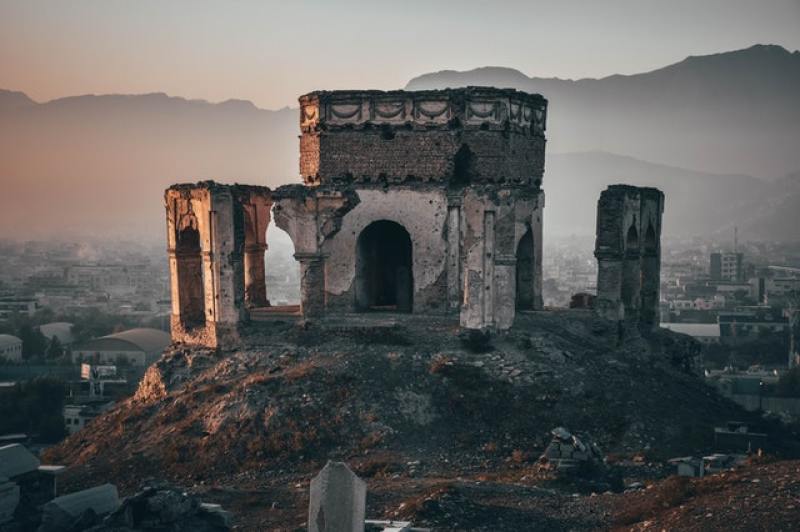
Christians in Afghanistan have switched off their cellphones to prevent potential Taliban tracking, and many are now moving to secluded locations since they are unsure how advanced Taliban surveillance capabilities are.
According to The Hill, Afghan Christians and many other religious minorities are trapped due to a lack of a clear strategy from the United States to rescue Afghans who are under particular danger, and also the thousands of remaining U.S. workers, Afghan allies, and other minority groups.
They know that the Taliban are hunting them, and underground Christians have already received threats in the form of letters or phone calls stating, "We know where you are and what you are doing."
Because of this, Christians keep their cellphones off to prevent being discovered. This would make it impossible to reach or find many Christians if the US government chose to intervene directly to rescue them.
The absence of passports for many of Afghanistan's vulnerable minority also hampers any attempt at rescue. Locals estimate that only around 20%-30% of the recognized Christian community has a passport. Without passports, it is unclear if they would be accepted by any other country if permitted to depart.
For individuals whose identities and immigration status can be verified by civil society groups, European authorities are reportedly exploring the possibility of ignoring the need for immigration papers in certain circumstances. However, unless they can affirm and proclaim that they are prepared to waive passports and visas, many Afghan Christians are unwilling to risk the increasingly hazardous journey past Taliban checkpoints to the airport.
The Hill adds that a passport and a safe arrival at the airport are now insufficient, since Christians with passports who arrived at the airport have yet to be permitted to leave the country.
From the point of view of Afghan Christians
Those who lived under the Taliban's prior reign still recall mass killings, whippings, and mutilations committed against Christians and other religious minorities.
Due to reports that the Taliban is already trying to hunt down the known Christians on its blacklist, some local church leaders are advising their congregations to remain in their homes, despite the fact that they know that the best and maybe only long-term alternative is to somehow leave the country.
There are also reports of other Christians seeking refuge in the mountains to avoid persecution.
Following the Taliban's takeover of Kabul, several Afghan Christian leaders have voiced that they anticipate being murdered in the manner of the mafia. The Taliban is reportedly already carrying out targeted murders of Christians and other minorities who are seen using public transit, as well as murdering anybody who is discovered having Bible software on their mobile phones.
Christians are particularly worried about the safety of their children, owing to the Taliban's earlier announcement that they aim to "eradicate the ignorance of irreligion" by enslaving non-Muslim women and girls and conscripting boys as fighters.
Fastest growing churches amid persecution
Since the Taliban's collapse in 2001, the Christian community in Afghanistan has reportedly not only grown, but has gotten bolder. This was partly because of the measure of protection provided by the US presence in the country.
In 2019, Afghan Christians opted to put their religious affiliation on their national identification cards, eliminating the need for future generations to conceal their faith. Prior to the Taliban's takeover this week, just 30 Christians had done so.

























